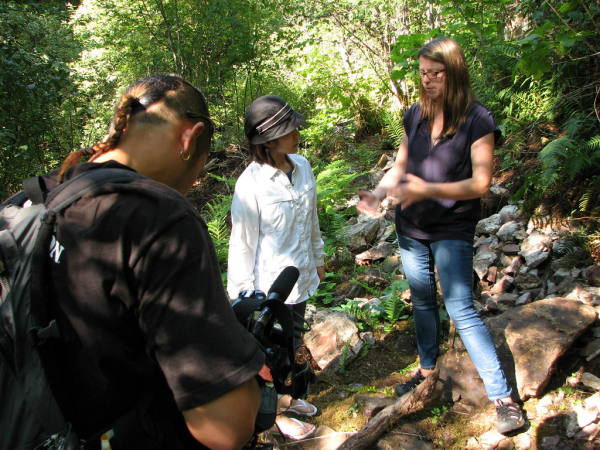The Archaeology of Japanese American Internment during World War II
Stacey L. Camp, Associate Professor, Department of Anthropology at Michigan State University
During World War II, the United States government imprisoned over 120,000 individuals of Japanese heritage, 2/3rds of whom were American citizens. This talk examines archaeological and archival data from a World War II internment camp in Idaho - the Kooskia Internment Camp - to investigate how Japanese American prisoners were treated by prison officials and the United States government. Prisoners at the Kooskia Internment Camp were to be treated by the standards outlined in the Geneva Prisoners of War Convention of 1929. The Geneva Convention details the basic necessities afforded to prisoners of war and non-citizens, such as access to leisure activities, alcohol, and dental, ophthalmological care, and medical facilities. Kooskia's data provide a localized, on-the-ground account of how the United States government interpreted and responded to the stipulations outlined in the Geneva Convention.
| Building: | Ruthven Museums Building |
|---|---|
| Event Type: | Lecture / Discussion |
| Tags: | Anthropology, Archaeology |
| Source: | Happening @ Michigan from Museum of Anthropological Archaeology |


